 For nearly a decade BU researchers have published widely about the hazards and risk of Nepali migrant workers in Asia and the Middle East [1-9]. Despite the fact that most migrant workers end up in semi-skilled and unskilled jobs in their host countries, only a minority report poor working environments. For example, in Pratik Adhikary’s PhD study in FHSS only just over a fifth of migrant workers reported that their work environment in the Middle East or Malaysia was poor or very poor [4]. This relatively high level of satisfaction appears to seems contradict reports in local media on the risks associated with Nepali migrants working abroad, especially focusing on the football world cup in Qatar [7], official reports that many hundreds of bodies of dead Nepali migrants return home every year [10], and the fact that many of these Nepali migrant workers end up doing the jobs the local populations finds too dirty, dangerous and demeaning (colloquially referred to as 3D-jobs). Why do so many who travel abroad take to do risky, dirty and otherwise undesirable jobs, but still assess their working environment as not too bad?
For nearly a decade BU researchers have published widely about the hazards and risk of Nepali migrant workers in Asia and the Middle East [1-9]. Despite the fact that most migrant workers end up in semi-skilled and unskilled jobs in their host countries, only a minority report poor working environments. For example, in Pratik Adhikary’s PhD study in FHSS only just over a fifth of migrant workers reported that their work environment in the Middle East or Malaysia was poor or very poor [4]. This relatively high level of satisfaction appears to seems contradict reports in local media on the risks associated with Nepali migrants working abroad, especially focusing on the football world cup in Qatar [7], official reports that many hundreds of bodies of dead Nepali migrants return home every year [10], and the fact that many of these Nepali migrant workers end up doing the jobs the local populations finds too dirty, dangerous and demeaning (colloquially referred to as 3D-jobs). Why do so many who travel abroad take to do risky, dirty and otherwise undesirable jobs, but still assess their working environment as not too bad?
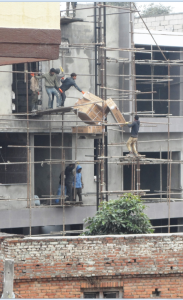 More theoretical papers on the drivers of migration have referred to many interconnected factors and links [11-12]. Local drivers in Nepal include poverty, lack of employment opportunities, having a history of work-related migration, a growing culture of migration (i.e. it becomes more or less an expectation) and many more. One local element that is perhaps too easily ignored is that many Nepali migrant workers would have ended up in dirty, dangerous and demeaning jobs at home too. And the risk, on for example building sites in Nepal might be even greater than that in Qatar or elsewhere in the Middle East as some of the photos below illustrate. These photos of an accident involving an external building lift were taken today on a building site in Kathmandu.
More theoretical papers on the drivers of migration have referred to many interconnected factors and links [11-12]. Local drivers in Nepal include poverty, lack of employment opportunities, having a history of work-related migration, a growing culture of migration (i.e. it becomes more or less an expectation) and many more. One local element that is perhaps too easily ignored is that many Nepali migrant workers would have ended up in dirty, dangerous and demeaning jobs at home too. And the risk, on for example building sites in Nepal might be even greater than that in Qatar or elsewhere in the Middle East as some of the photos below illustrate. These photos of an accident involving an external building lift were taken today on a building site in Kathmandu. 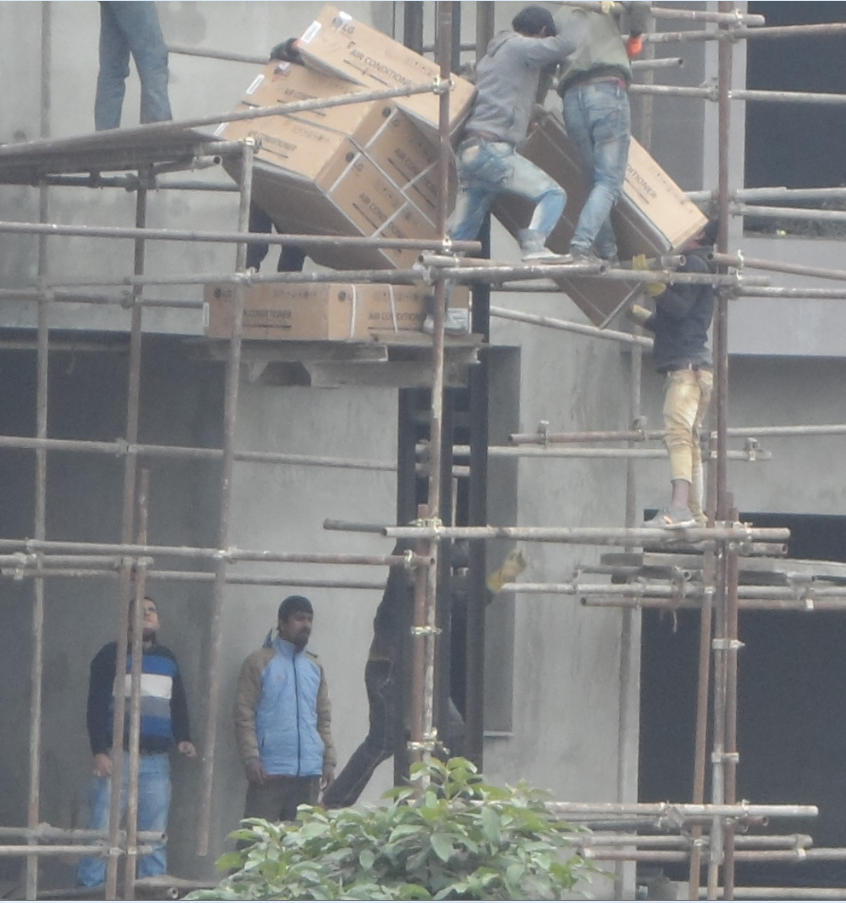
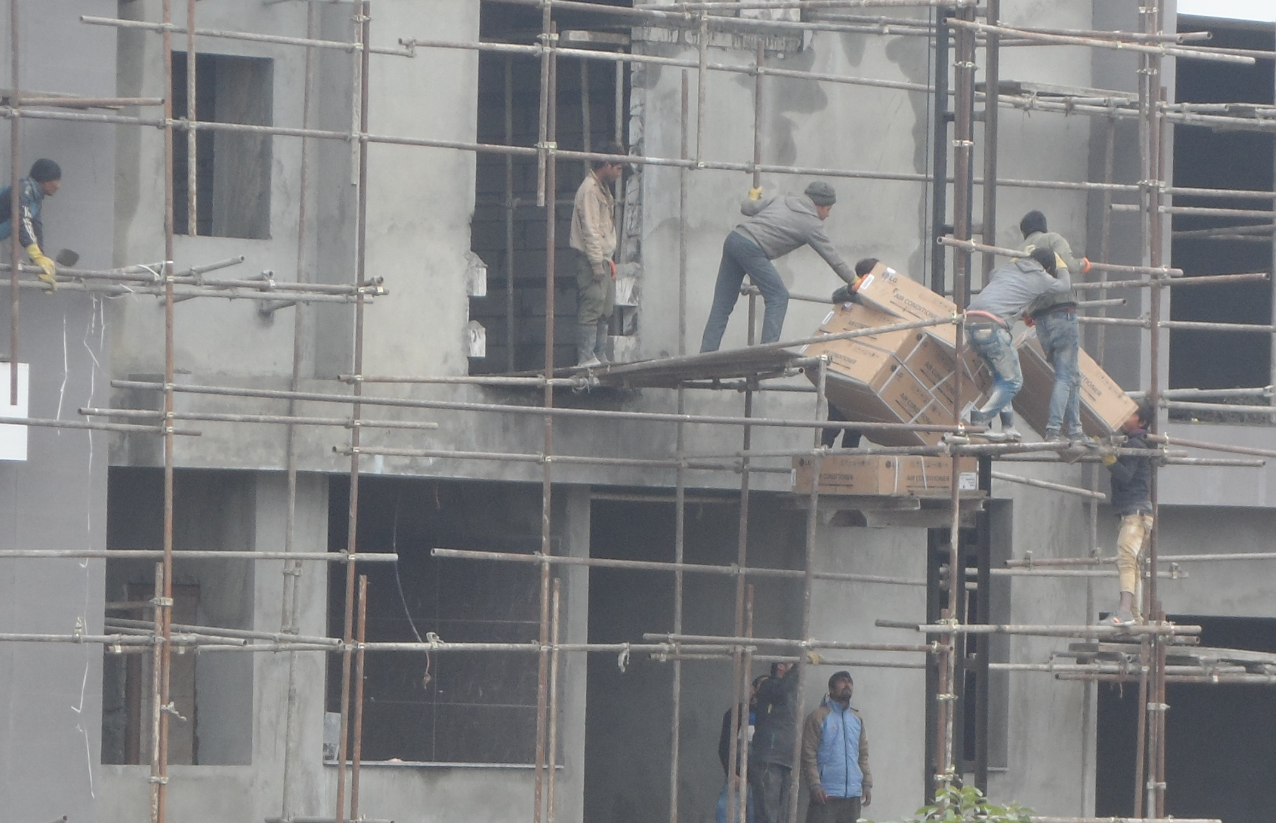
References:
- Adhikary P., Keen S., van Teijlingen E. (2011) Health Issues among Nepalese migrant workers in Middle East. Health Science Journal 5: 169-75. www.hsj.gr/volume5/issue3/532.pdf
- Adhikary, P, Sheppard, Z., Keen, S., van Teijlingen, E. (2017) Risky work: accidents among Nepalese migrant workers in Malaysia, Qatar & Saudi Arabia, Health Prospect 16(2): 3-10.
- Simkhada, P.P., Regmi, P.R., van Teijlingen, E., Aryal, N. (2017) Identifying the gaps in Nepalese migrant workers’ health and well-being: A review of the literature. Journal of Travel Medicine, 24 (4). https://doi.org/10.3126/nje.v9i3.25805
- Adhikary P, Sheppard, Z., Keen S., van Teijlingen E. (2018) Health and well-being of Nepalese migrant workers abroad, International Journal of Migration, Health & Social Care 14(1): 96-105. https://doi.org/10.1108/IJMHSC-12-2015-0052
- Regmi, P., van Teijlingen, E., Mahato, P., Aryal, N., Jadhav, N., Simkhada, P., Zahiruddin, Q.S., Gaidhane, A. (2019) The Health of Nepali Migrants in India: A Qualitative Study of Lifestyles and Risks. International Journal of Environmental Research and Public Health, 16 (19). https://doi.org/10.3390/ijerph16193655
- Aryal, N., Regmi, P.R., Faller, E.M., van Teijlingen, E., Khoon, C.C., Pereira, A., Simkhada, P. (2019) Sudden cardiac death and kidney health related problems among Nepali migrant workers in Malaysia. Nepal Journal of Epidemiology, 9 (3), 788-791. https://doi.org/10.3126/nje.v9i3.25805
- Adhikary P, van Teijlingen E., Keen S. (2019) Workplace accidents among Nepali male workers in the Middle East and Malaysia: A qualitative study, Journal of Immigrant & Minority Health 21(5): 1115–1122. https://link.springer.com/article/10.1007/s10903-018-0801-y
- Regmi, P., van Teijlingen, E., Mahato, P., Aryal, N., Jadhav, N., Simkhada, P., Syed Zahiruddin, Q., Gaidhane, A., (2019) The health of Nepali migrants in India: A qualitative study of lifestyles and risks, Journal of Environmental Research & Public Health 16(19), 3655; doi:10.3390/ijerph16193655.
- Regmi, P., Aryal, N., van Teijlingen, E., Adhikary, P. (2019) Nepali migrant workers and the need for pre-departure training on mental health: a qualitative study, Journal of Immigrant & Minority Health https://link.springer.com/content/pdf/10.1007/s10903-019-00960-z.pdf
- Ministry of Labour and Employment, Government of Nepal. (2018) Labour migration for employment: a status report for Nepal: 2015/2016 – 2016/2017. In. Kathmandu, Nepal: Ministry of Labour and Employment.
- (2018) Push-pull plus: reconsidering the drivers of migration, Journal of Ethnic & Migration Studies, 44:6, 927-944, DOI: 10.1080/1369183X.2017.1384135
- Iqbal, M., Gusman, Y. (2015) Pull and Push Factors of Indonesian women migrant workers from Indramayu (West Java) to work abroad. Mediterranean Journal of Social Sciences, 6(5): 167 https://www.mcser.org/journal/index.php/mjss/article/view/7893
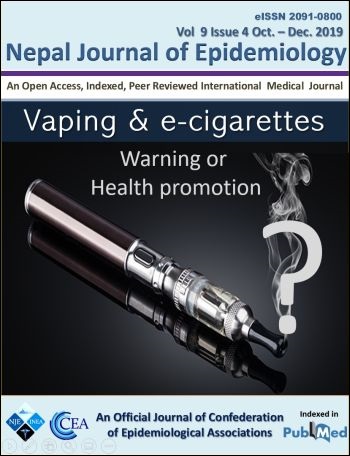
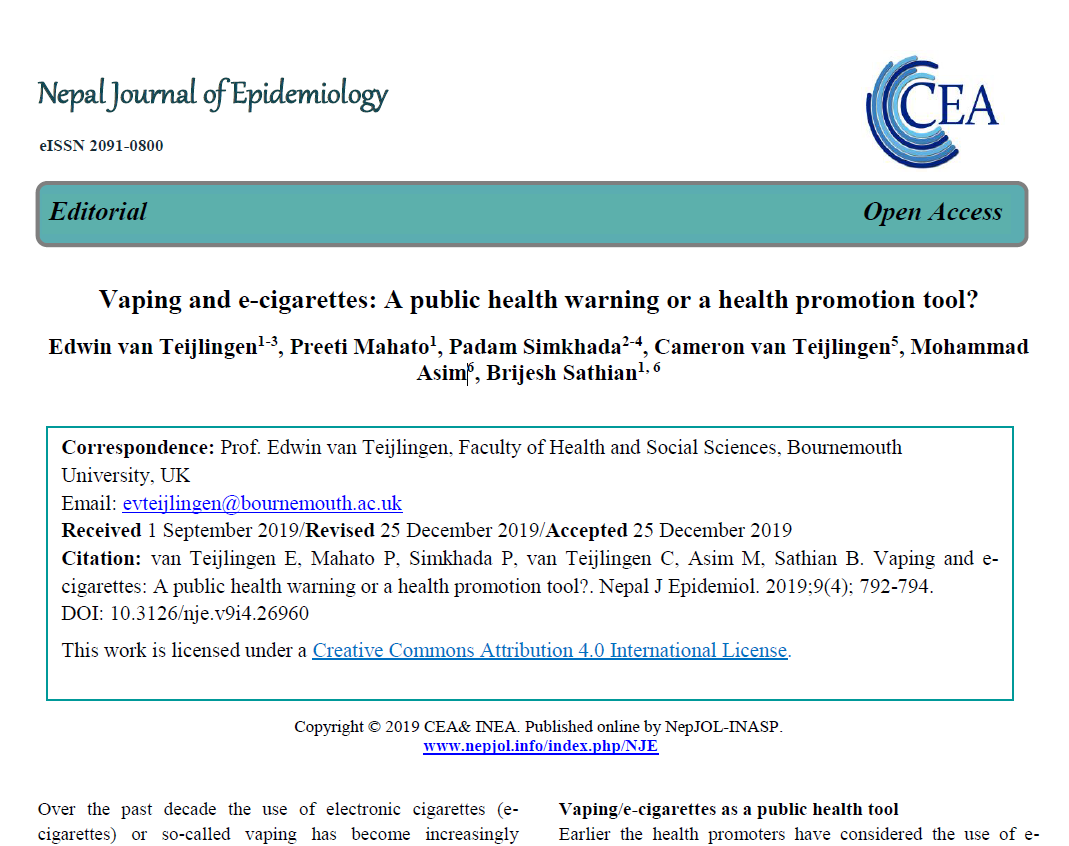


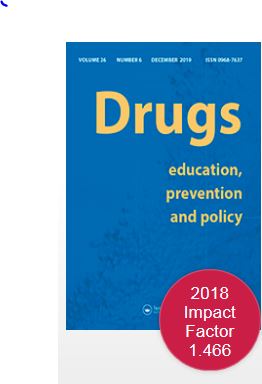
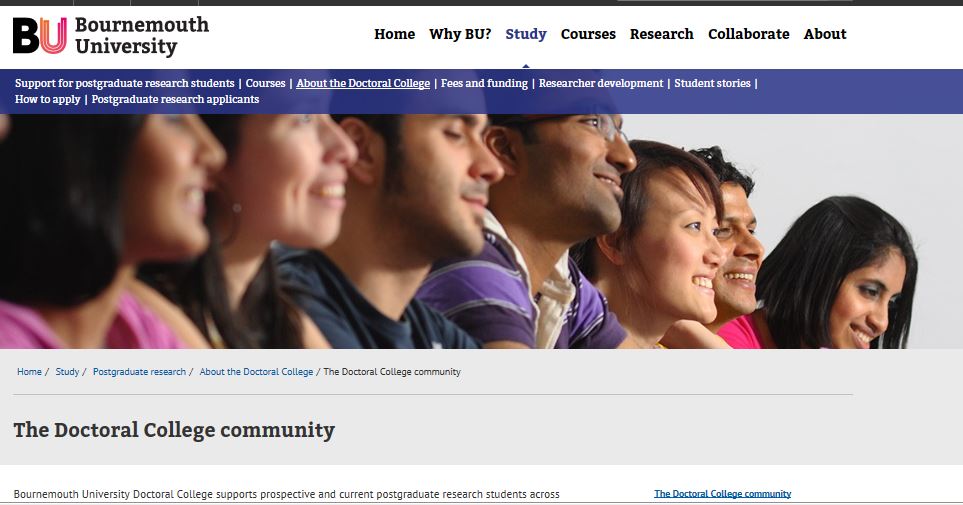
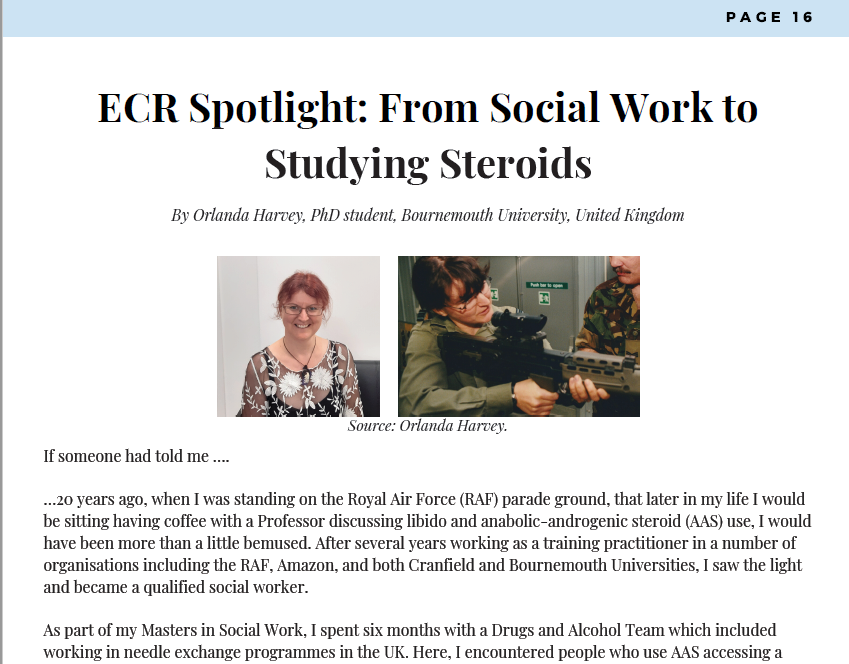
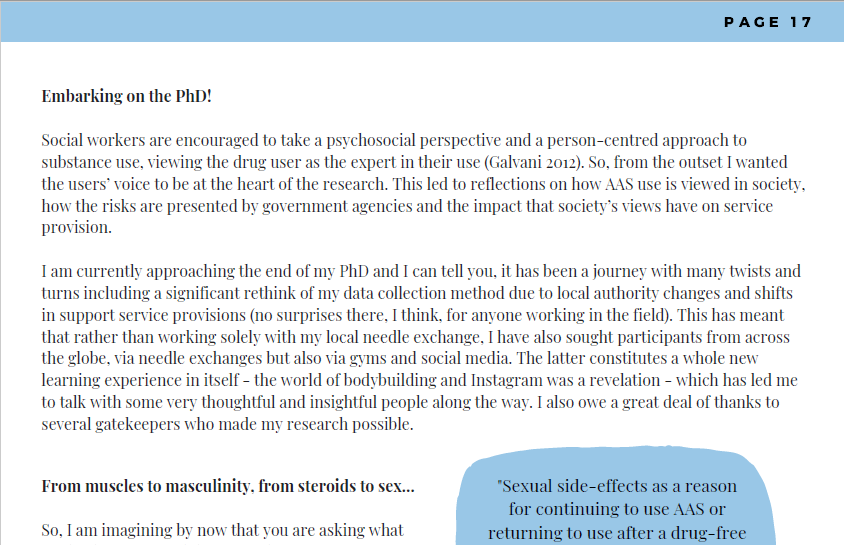
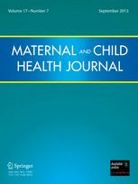

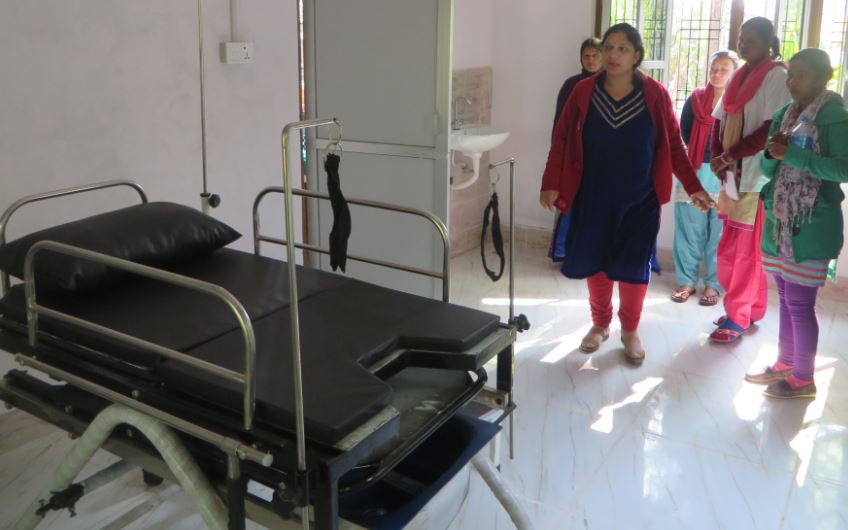
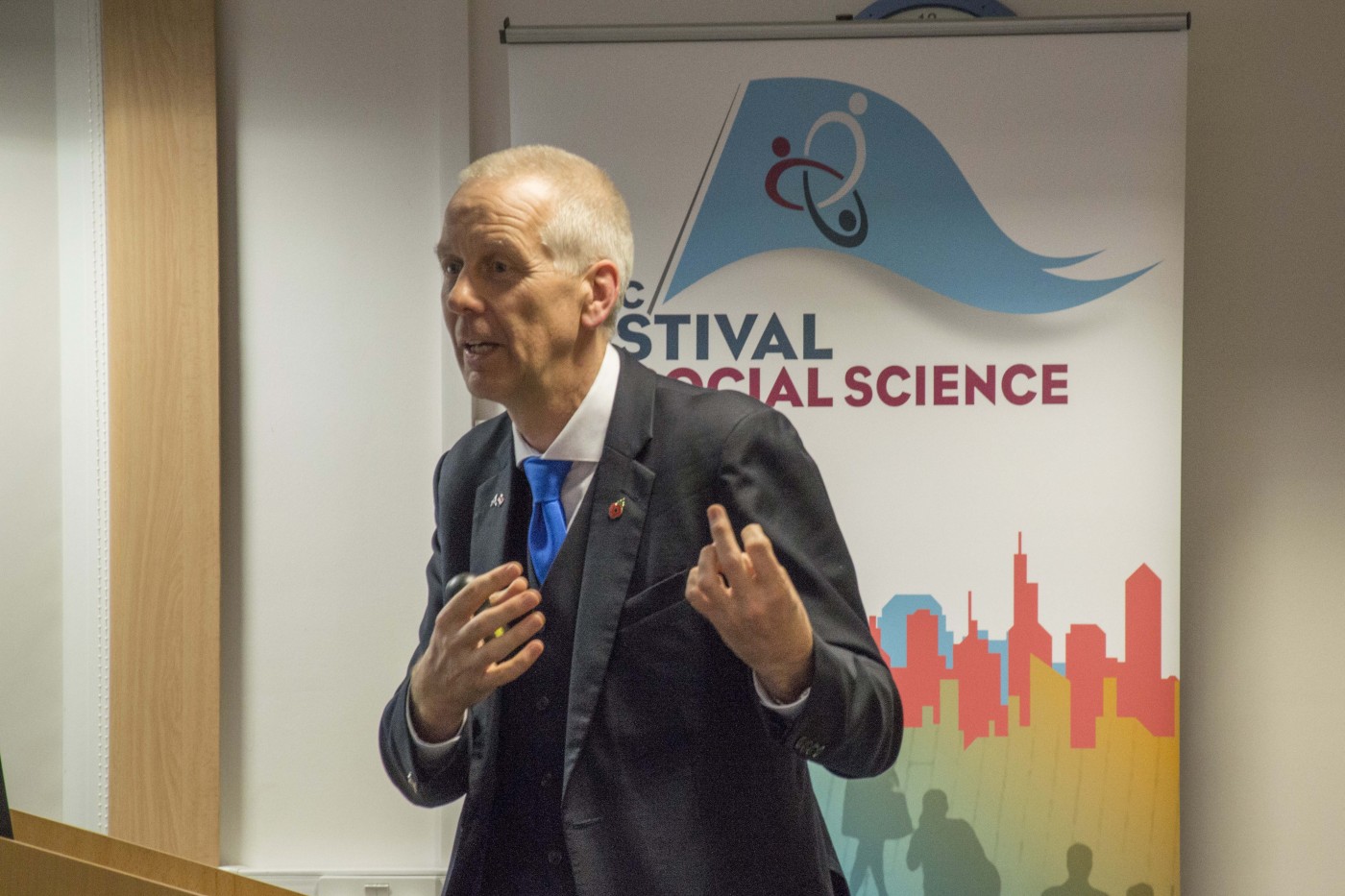



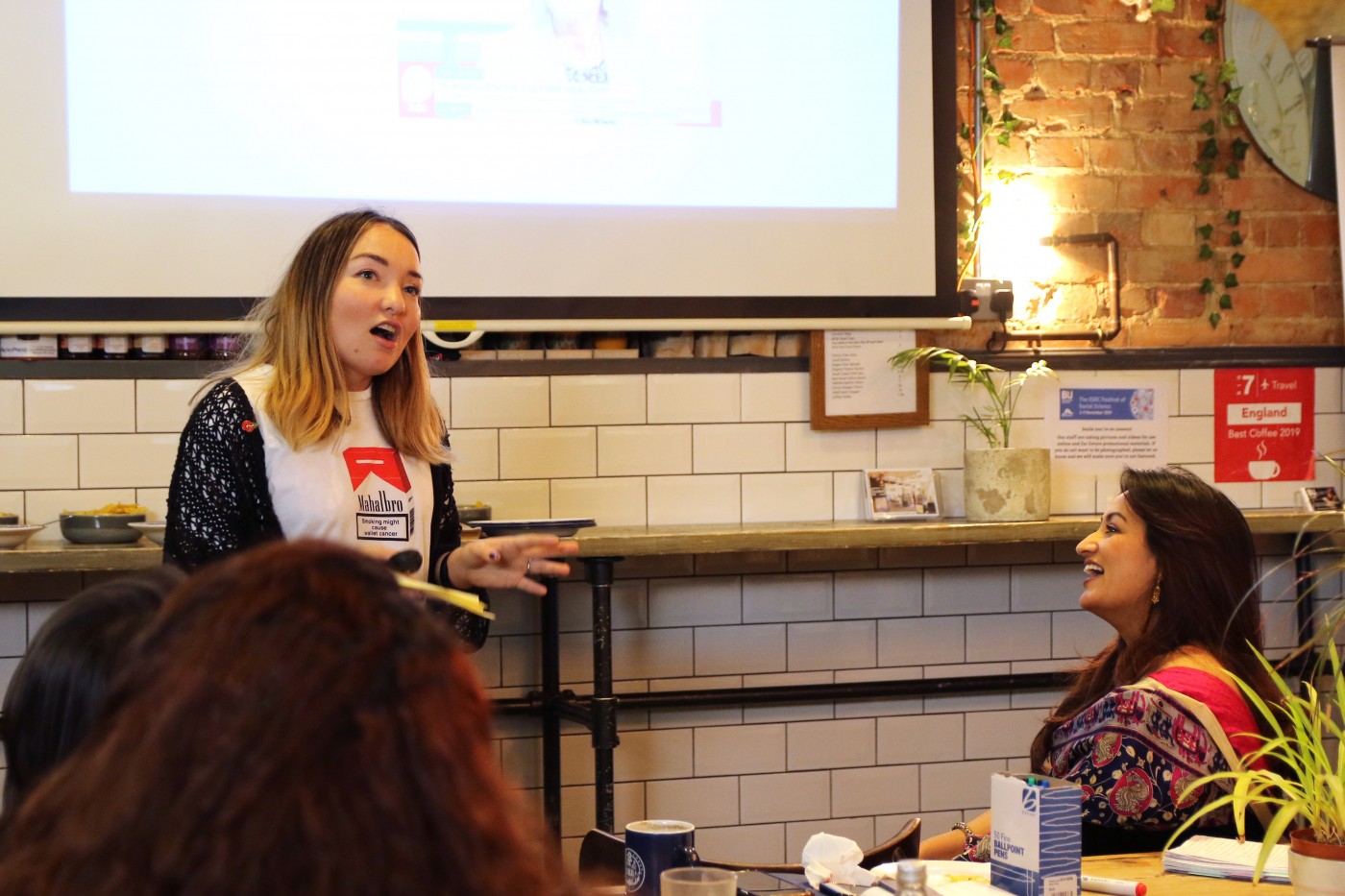


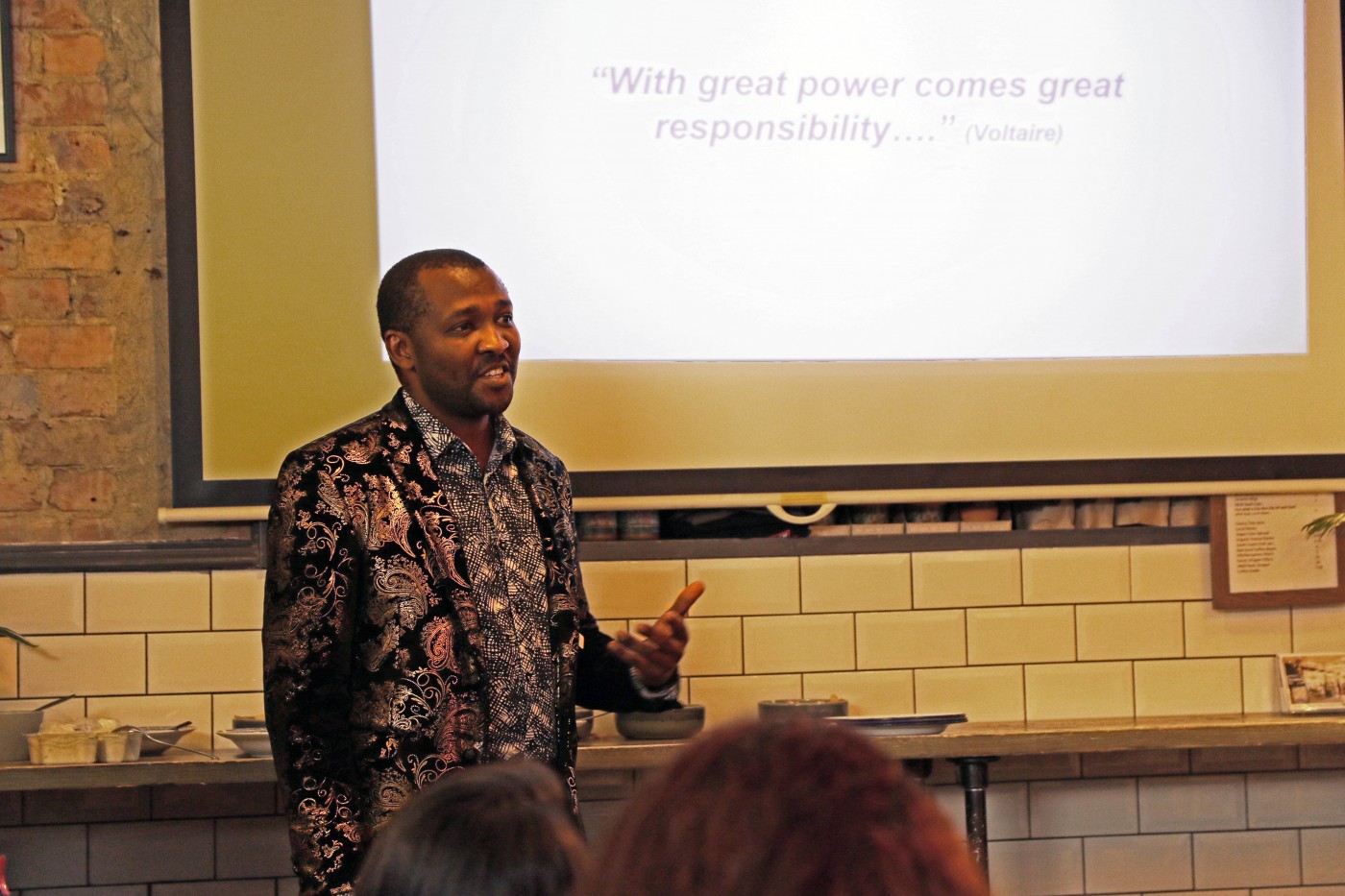
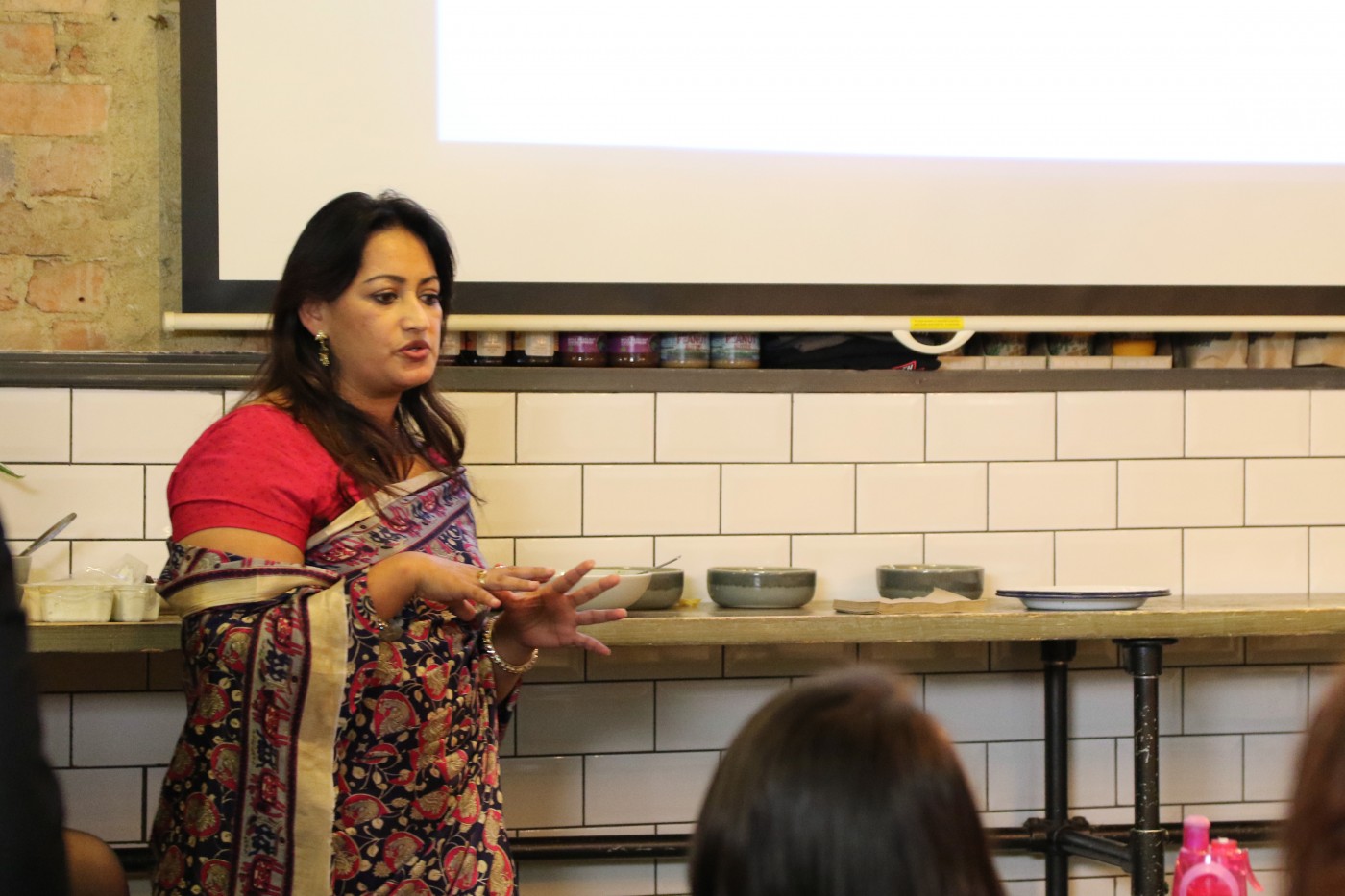

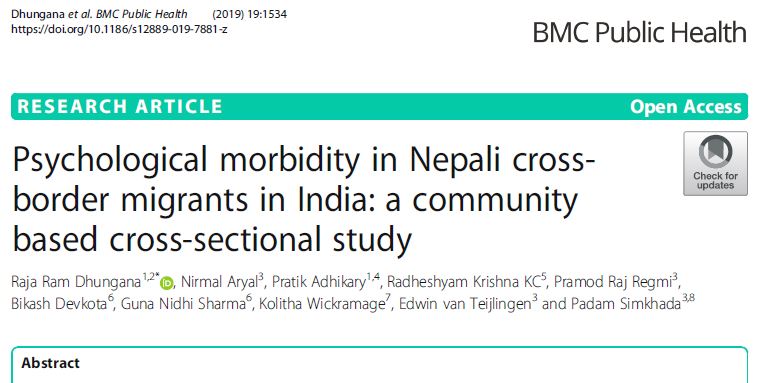





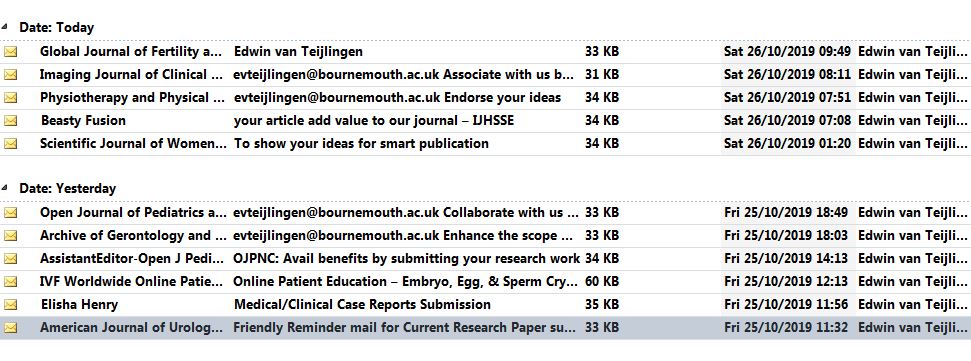

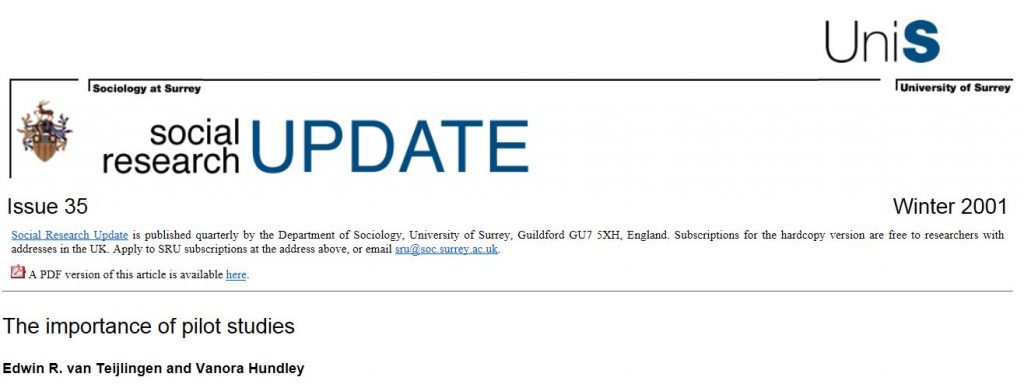


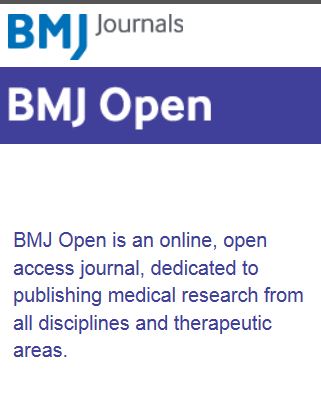
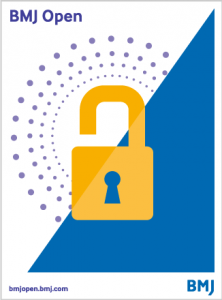

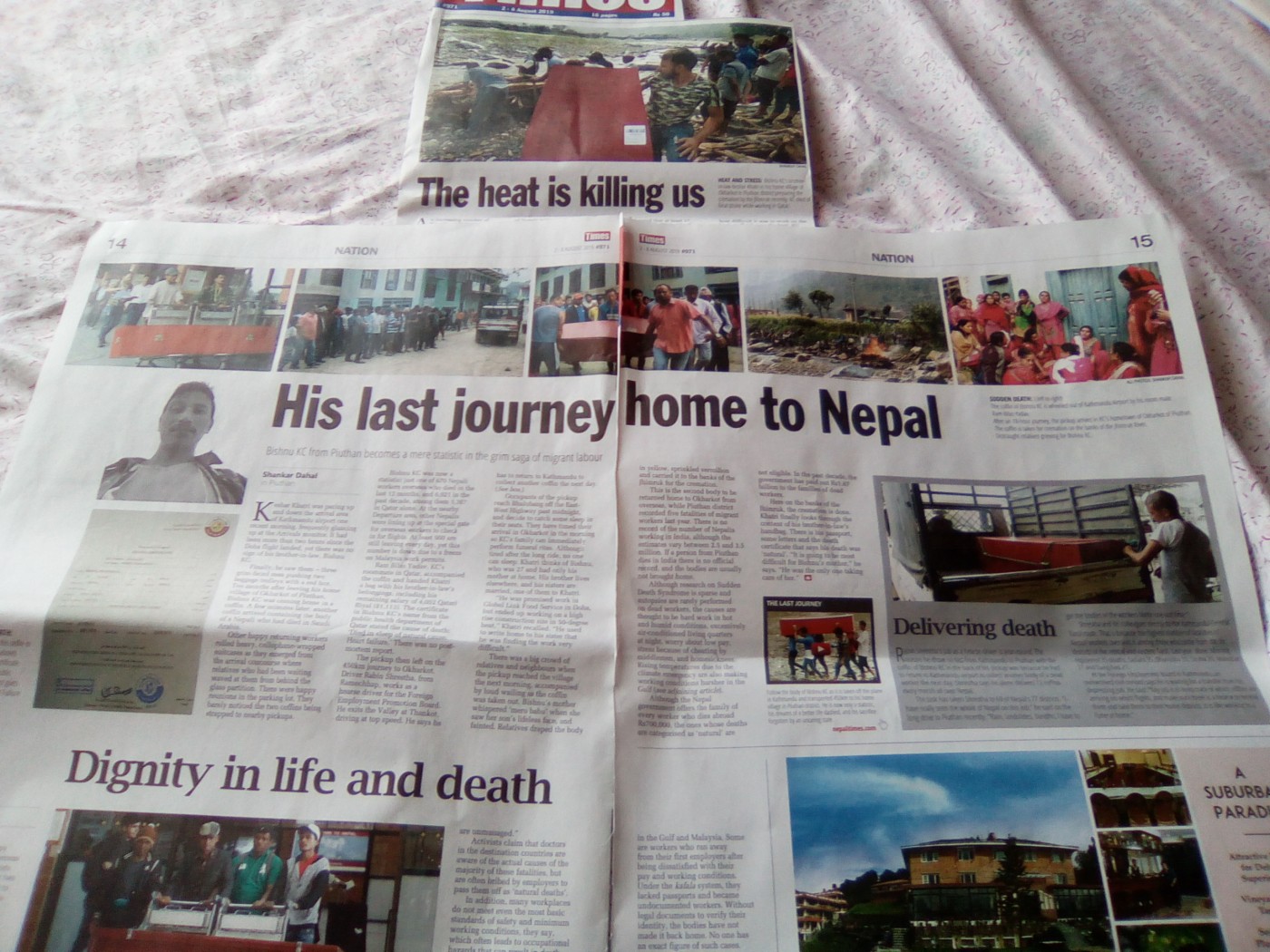

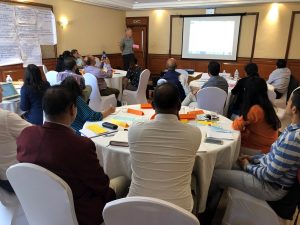
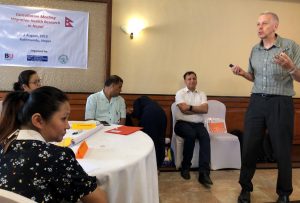
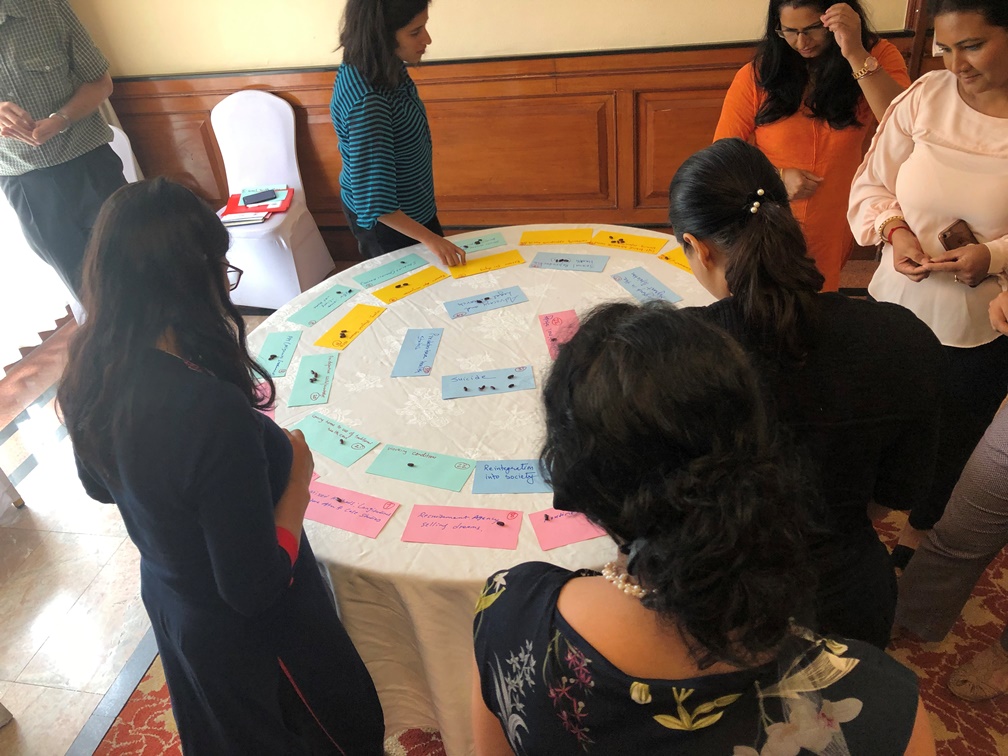
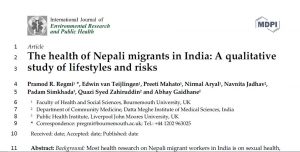

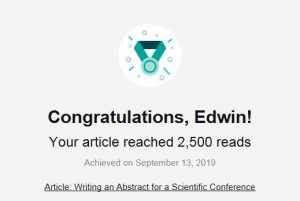













 Visiting Prof. Sujan Marahatta presenting at BU
Visiting Prof. Sujan Marahatta presenting at BU 3C Event: Research Culture, Community & Can you Guess Who? Friday 20 March 1-2pm
3C Event: Research Culture, Community & Can you Guess Who? Friday 20 March 1-2pm Beyond Academia: Exploring Career Options for Early Career Researchers – Online Workshop
Beyond Academia: Exploring Career Options for Early Career Researchers – Online Workshop UKCGE Recognised Research Supervision Programme: Deadline Approaching
UKCGE Recognised Research Supervision Programme: Deadline Approaching SPROUT: From Sustainable Research to Sustainable Research Lives
SPROUT: From Sustainable Research to Sustainable Research Lives ECR Funding Open Call: Research Culture & Community Grant – Apply now
ECR Funding Open Call: Research Culture & Community Grant – Apply now ECR Funding Open Call: Research Culture & Community Grant – Application Deadline Friday 12 December
ECR Funding Open Call: Research Culture & Community Grant – Application Deadline Friday 12 December MSCA Postdoctoral Fellowships 2025 Call
MSCA Postdoctoral Fellowships 2025 Call ERC Advanced Grant 2025 Webinar
ERC Advanced Grant 2025 Webinar Update on UKRO services
Update on UKRO services European research project exploring use of ‘virtual twins’ to better manage metabolic associated fatty liver disease
European research project exploring use of ‘virtual twins’ to better manage metabolic associated fatty liver disease